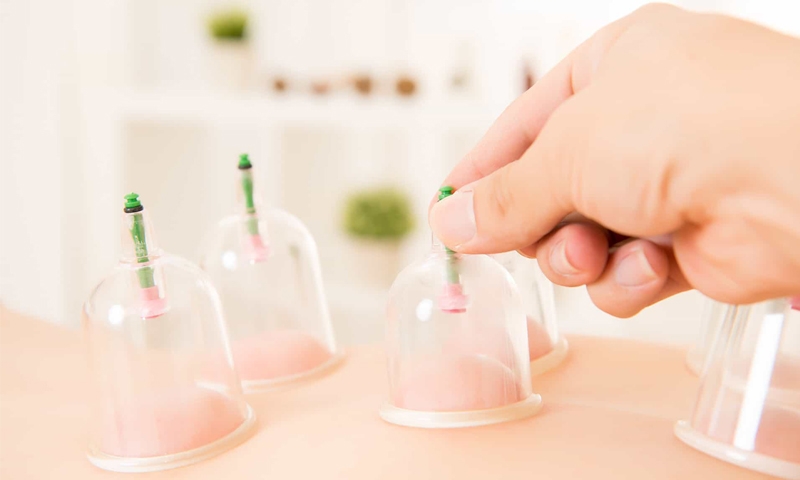Call for ‘Hijama’ regulations
Manama : Traditional medicine if used unsupervised could lead to dangerous side effects, warned top Bahraini health experts. The alert was issued in line with the National Health Regulatory Authority’s (NHRA) decision to regulate the practice of cupping, locally known as ‘Hijama’. However, modern practitioners who don’t know what they’re doing made the authority to come up with tighter regulation, as recommended by experienced practitioners. The strategy, NHRA CEO Dr Mariam Al Jalahma explained, includes training ‘Hijama’ practitioners and ensuring that their services are offered as per the health and safety standards.
“The Supreme Council for Health, headed by Lieutenant General Dr Shaikh Mohammed bin Abdulla Al Khalifa, has approved the requirements that should be fulfilled by individuals and establishments for providing ‘Hijama’ services,” said Dr Al Jalahma. To this end, NHRA recently held a meeting with the ‘Hijama’ practitioners in the Kingdom to outline the right and safe cupping methods as well as its training and rehabilitation processes.
The meeting viewed that the majority of Hijama practitioners in the Kingdom are not registered and “regulations should be put in place to better regulate this field.” The first step in this regard is to oblige ‘Hijama’ practitioners to complete first aid training courses held in cooperation with Bahrain Red Crescent. The practitioners are also required to take part in a series of workshops held in cooperation with the regional specialised centres in traditional medicine, especially cupping and ‘Hijama’.
Training will be given on controlling infection during cupping, as well as disposal of the medical waste. “Once they complete the courses, they will be officially registered by NHRA as traditional ‘Hijama’ practitioners and their name will be listed on the authority’s website for patients to easily reach them,” Dr Al Jalahma added.
Related Posts

